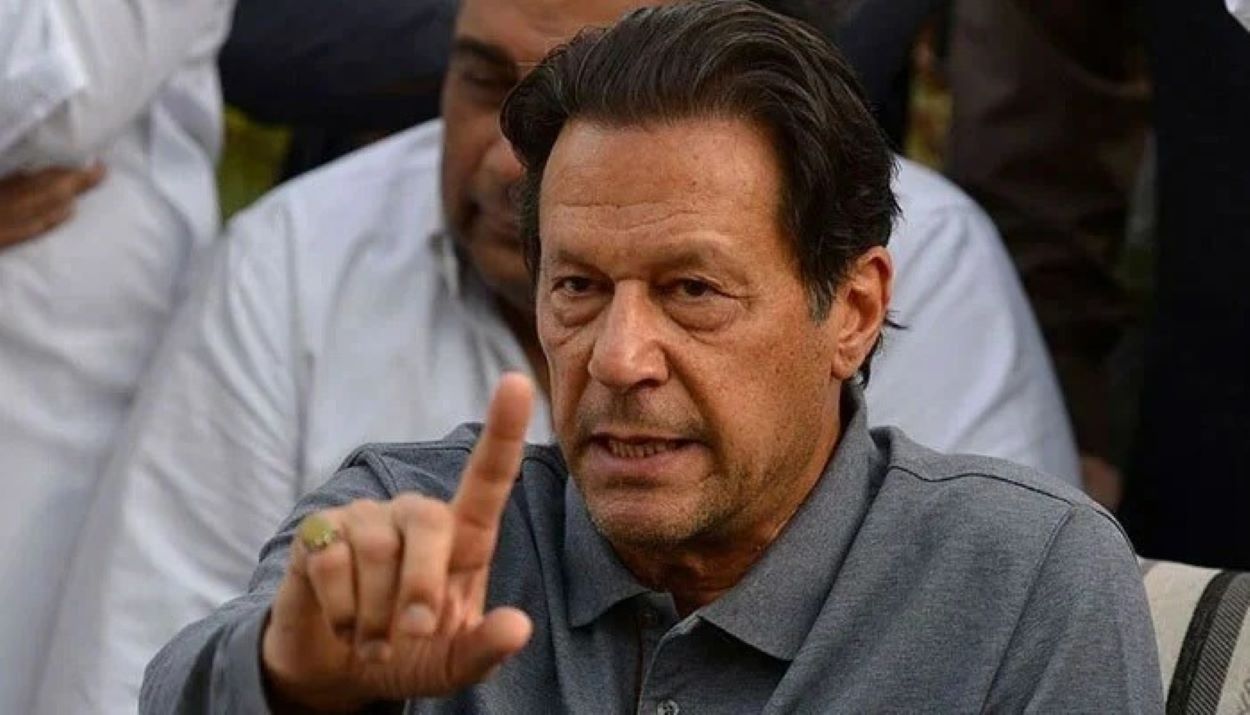The federal government formally challenged the Islamabad High Court’s (IHC) ruling on November 21. This ruling invalidated Imran Khan’s jail trial in the Cypher case. The government filed an appeal on Friday, questioning the IHC’s decision-making process.
In its appeal, the government argued that the IHC did not properly assess the facts. It contended that the IHC’s decision to annul the special court, which was set up for the cypher trial, was incorrect. The government maintained that the high court lacked the authority to abolish a special court’s status. Advocate Raja Rizwan Abbasi represented the federal government in submitting this application.
The petition named several respondents. These include Imran Khan, special court judge Abul Hasnat Zulqarnain, and key officials like the DG FIA, IG, DC, and the chief commissioner of Islamabad.
On November 22, the IHC rendered the proceedings in Imran Khan and Shah Mahmood Qureshi’s jail trial null and void. The court found that the law ministry’s notification, allowing the trial at Attock jail, lacked legal authority. The court highlighted the absence of an order from the appropriate government and the non-fulfilment of certain legal requirements.
The IHC declared multiple notifications regarding Imran Khan’s jail trial as legally invalid. These included notifications issued on various dates from September to November. The court stated that the notifications lacked lawful authority. Consequently, it led to the invalidation of the proceedings since August 29, including the October 23 indictments of Imran Khan and Shah Mahmood Qureshi.
In a separate matter related to Imran Khan’s jail trial, the IHC invalidated the special court proceedings for the second time. Previously, the special court had imposed a ban on reporting the cypher case proceedings. The IHC found these proceedings to be of no legal consequence, thus affecting the ongoing trial.






